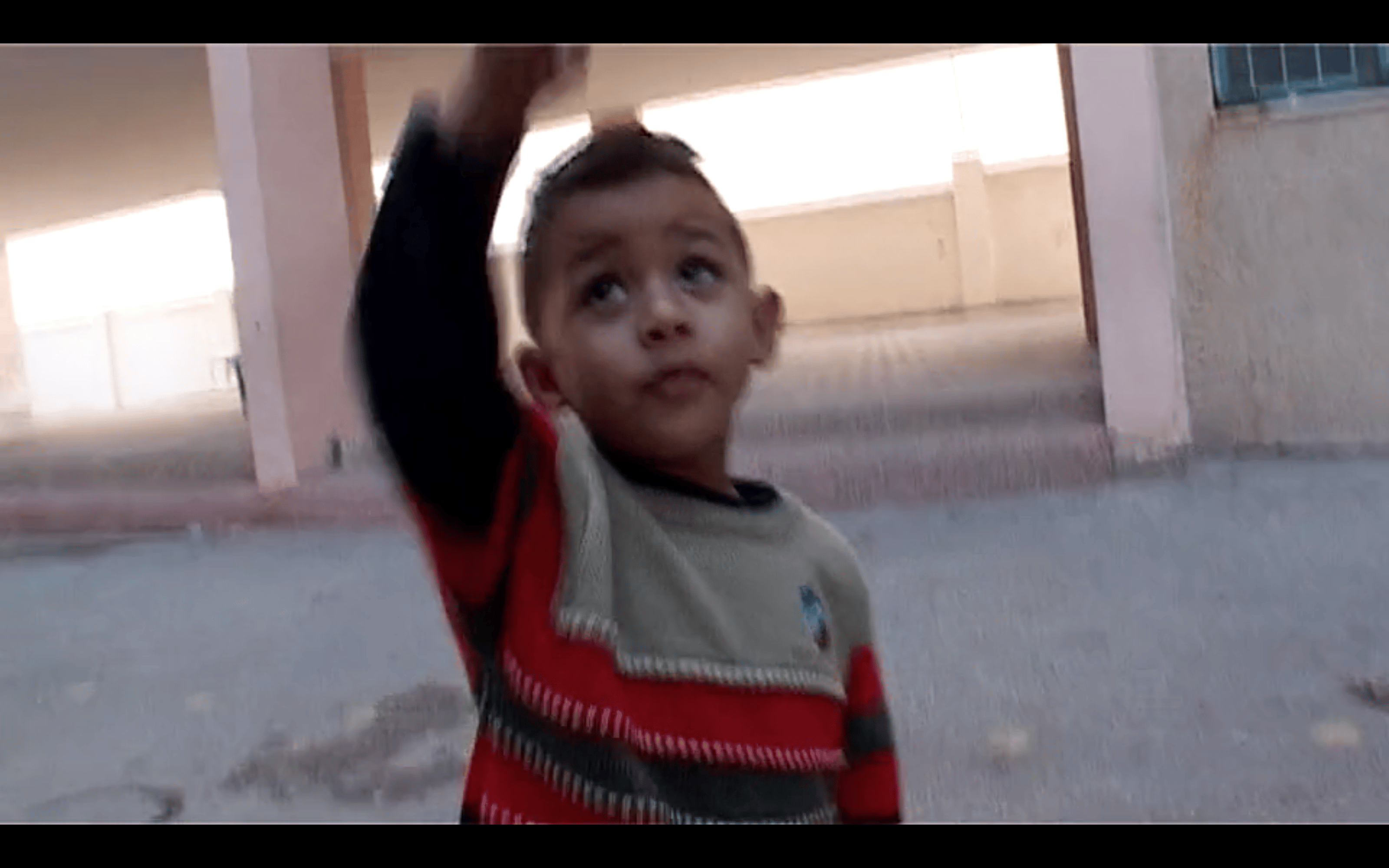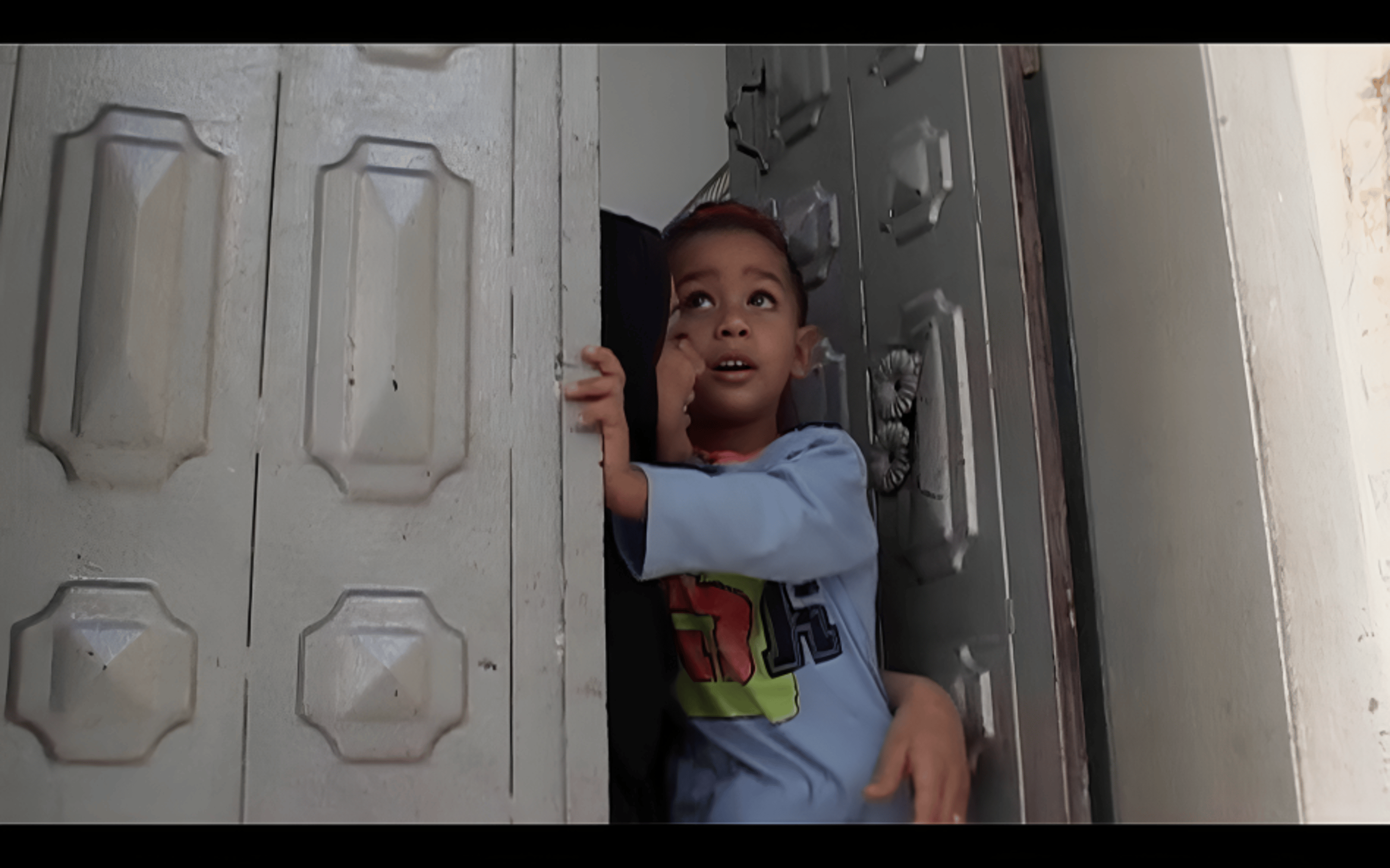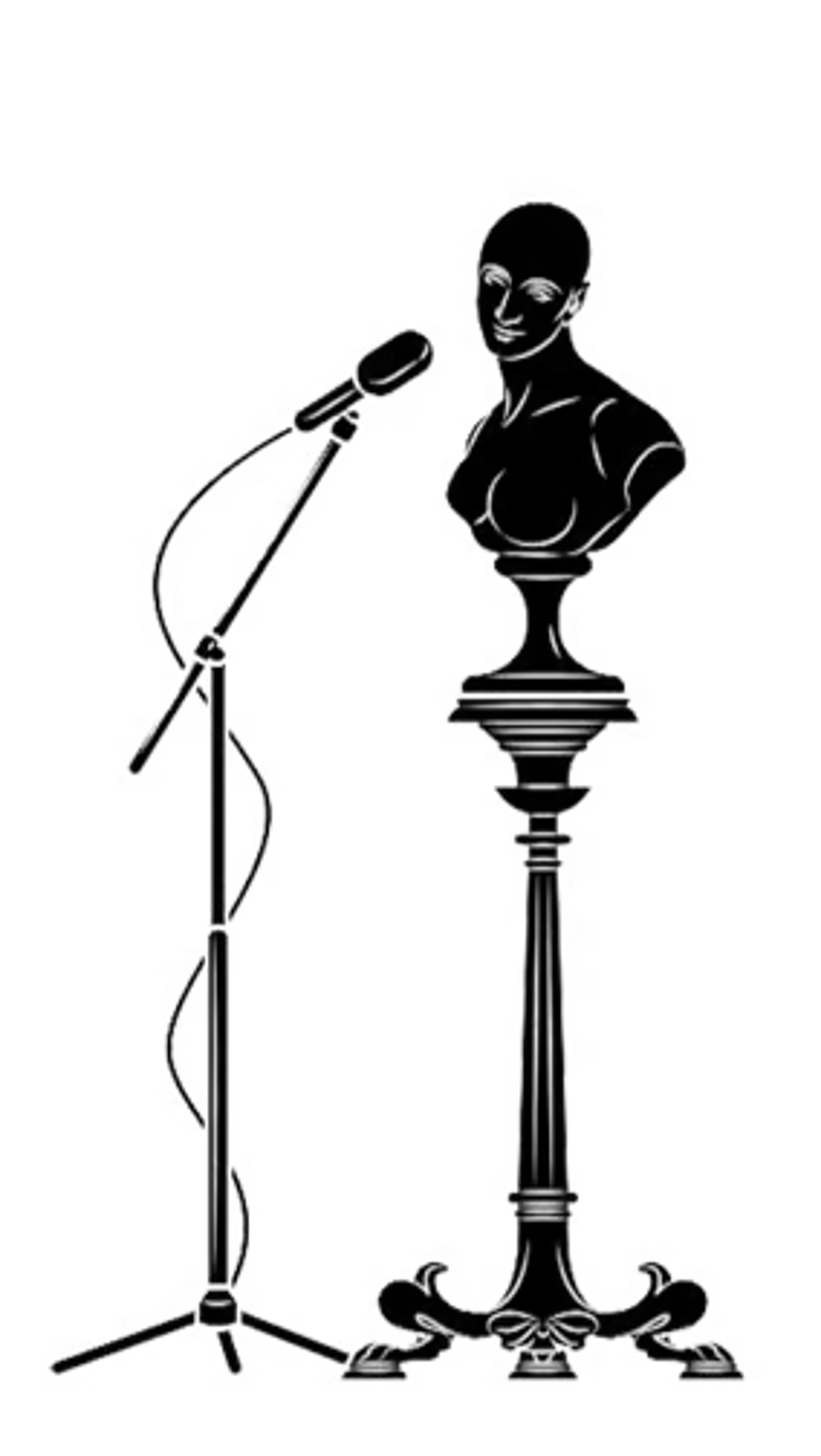
Akram Al-Ashqar is a Palestinian filmmaker and educator hailing from Tulkarm, Palestine. For over ten years, he has served as a film and media faculty member at several Palestinian universities. As a project manager with the Royal Film Commission in Jordan, he played a pivotal role in establishing three cinema centers, including two innovative cinema buses. His passion for film and community engagement inspired him to develop specialized filmmaking curricula and facilitate numerous workshops for children and youth, fostering a love for storytelling and the arts in the next generation. Al-Ashqar is currently pursuing a PhD at the University of Glasgow. His research focuses on the aesthetics and significance of soundtracks in Palestinian revolutionary cinema.

Akram Al-Ashqar’s film First Picture (2006) follows a young boy, Nour, who was born in an Israeli prison. Nour, meaning "light" in Arabic, was aptly named for the hope and comfort he brought to the girl prisoners in their dark cells, illuminating their spirits in the midst of despair. The camera films Nour’s first steps as he exits the detention center after spending his first years confined within its opaque walls. Nour’s mother, Manal, was detained while pregnant for participating in the resistance against the occupation in the Tulkarm Camp for Palestinian Refugees - what was meant to be a temporary site for displaced Palestinians from the 1948 Nakba that eventually edified into a long-lasting camp built on shoddy infrastructure and condemned to the poverty of those stripped of their land and possessions and forced to flee.
Tulkarm, located in the Northern West Bank and bordered by Israel, was once a land that extended to the Mediterranean shore. A significant portion of its land was occupied in 1948, displacing its people and turning them into refugees. Today, Tulkarm is surrounded by illegal Israeli settlements that are expanding to seize more land, stifling the city and trapping its residents in what feels like an open prison, often leading to tension and physical conflict. The child’s mother was arrested during the second intifada (2000-2005) when Tulkarm and its two camps became contentious sites for Israeli raids, destruction of property, incursions, arrests, and curfews.
After spending more than two and a half years in prison, the child was released independently from his mother, who remained imprisoned by the Israeli occupation authorities. The film follows Nour's adventures outside of prison under the protection of his family and with the companionship of his mother's freed friends from prison, exploring how his experience in prison shapes his vision of occupied Palestine. The camera navigates through the streets of Tulkarm and its camp as if through the eyes of the freed child—exploring the textures and social dynamics of this unintended community with eager curiosity and melancholy. The footage is interspersed with surreal scenes of police patrols attacking the prisoners' cells and Israeli tanks crushing Palestinian ambulances in the streets of Tulkarm giving context to the situation to which this child has been discharged. This use of documentary imagery continues the aims of Palestine Film Unit and their use of film as a technique to denounce the living conditions under occupation.
Despite his deliverance into the arms of loving caretakers, the child’s freedom is contingent on a series of Israeli bureaucracies and phone calls through various detention administrations - he uses a landline to communicate with his imprisoned mother by speaking to a radio program that the prisoners can hear. This allows him to send her an indirect message, but since she cannot reply, the child feels uncertain and frustrated as he talks to her without receiving any response. The film shows a child who has escaped from one incarceration to the freedom of constant surveillance and occupation in which kind souls warm the poverty-stricken residences and corners of a population giving their lives for dignity.

Al-Aashqar sees Nour as a poignant symbol of the Palestinian experience—born into a prison, his liberty stripped away from the very start. His journey reflects the struggle of Palestinians who inhabit a world that is an open prison, where the dream of freedom flickers like a distant star. Both Nour and his people stand resolute in their quest for liberation. Living under the heavy hand of occupation, the Palestinian endures severe restrictions designed to erase his identity, facing a harsh reality of imprisonment and intimidation. Each day, he grapples with a heart-wrenching choice: to risk imprisonment or death in the pursuit of freedom, or to surrender, submit, and seek refuge elsewhere. Yet, through it all, he clings to survival, resilience, and an unyielding desire for freedom, embodying the indomitable spirit of his people.
